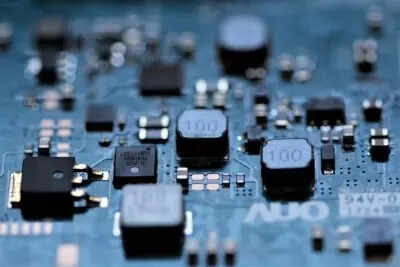
India has the potential to develop a domestic circular battery economy worth $3.5 billion by 2030, aligned with its growing demand for electric vehicles (EVs), consumer electronics and energy storage systems, a report said on Wednesday.
India currently recycles only 1 per cent of its end-of-life lithium-ion batteries into usable materials. This low recovery rate signals an urgent environmental challenge and a major economic opportunity waiting to be unlocked.
The report, launched by the India Cellular and Electronics Association (ICEA) and Accenture, presents a strategic blueprint to build a domestic circular battery economy worth $3.5 billion by 2030.
“Sustainability is one of the most promising economic opportunities of our time. Battery recycling sits at the intersection of India’s environmental priorities and its strategic autonomy in critical minerals,” said Pankaj Mohindroo, Chairman, ICEA.
Mohindroo also announced the launch of Centre of Sustainability for Pure Earth which aims to address various issues regarding sustainability.
The report underscores the transformative impact of systematic interventions in India’s lithium-ion battery (LIB) recycling ecosystem. With the implementation of key recommendations, the recycling sector could create up to 41,000 green jobs across the value chain by 2030.
It also projects an annual reduction of 75,000 tonnes of carbon emissions, equivalent to taking 60,000 vehicles off Indian roads, and water savings of 5.7 billion gallons — enough to meet the annual needs of a city of half a million people.
A robust recycling ecosystem could also supply 14 per cent of India’s battery-active material demand, strengthening the country’s strategic autonomy and reducing dependence on imports of critical minerals like lithium, cobalt, and nickel.
According to Sunita Verma, Scientist-G and Group Coordinator, IT Ministry, the report addresses a critical pillar of India’s electronics and energy transition.
“At MeitY, we are committed to fostering a circular economy through indigenous technologies, formalising the recycling sector, and building capacity across the value chain. The Centre of Excellence at C-MET Hyderabad is already supporting over 25 industries in lithium-ion battery recycling,” she informed.
